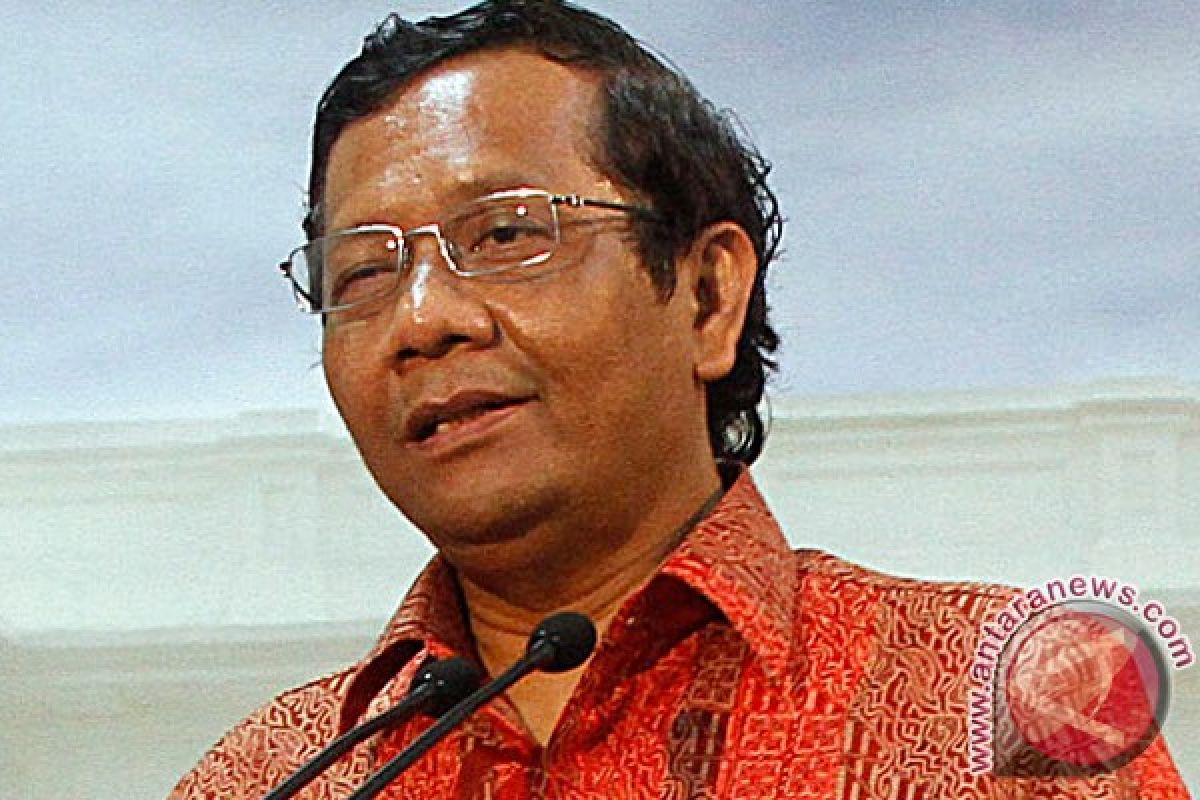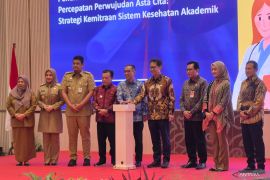"The reforms carried out in Indonesia have neither given birth to effective leadership, nor brought prosperity to the people yet," the MK chairman said.Jakarta (ANTARA News) - Constitutional Court (MK) Chairman Mahfud MD said political reforms in Indonesia had not yet been successful in establishing institutions that could carry out their functions effectively and efficiently.
"The reforms carried out in Indonesia have neither given birth to effective leadership, nor brought prosperity to the people yet," the MK chairman said here on Wednesday.
He was speaking to a national gathering of the Indonesian Muslim Intellectuals Association (ICMI), which discussed matters relating to the reordering of the political system, and regional autonomy in the country.
Mahfud said the failure of reforms in improving the welfare of Indonesian people could be seen in the high rate of poverty and unemployment.
"Experts might say the country`s economic growth is good, but it has turned out that the rate of poverty and unemployment could not be reduced by a significant level yet," the MK chairman said.
He said something wrong was probably being done in carrying out reforms in Indonesia. "Some say the reforms have turned out no better than the previous era," he said.
Mahfud said that some even suspected that mistakes could have been made in the amendment of the 1945 Constitution. "Then, debates arose on whether the Constitution should be amended again or returned to its previous form," he added.
Referring to poverty, President Susilo Bambang Yudhoyono said last week that poverty eradication should be a far-reaching and continuous effort, because the nature of poverty is multi-faceted and triggered by many factors.
"This is why Indonesia continues to work hard to overcome poverty. This is also why we have launched a Master Plan for Expediting Poverty Eradication (MP3K). With this master plan, we aim to reach less than 6 percent poverty level by 2025," the head of state said.
Poverty is indeed a complex and multidimensional issue, because it is connected with so many factors, from population growth to natural disasters, according to Yudhoyono.
The global population has increased by 2 billion in less than three decades, surpassing 7 billion last year. Another 2 billion is estimated to be added to this number by 2050.
"Such a scale of population growth will impact our ability to provide food, energy and other basic services," he said.
Natural disasters are another factor contributing to poverty. For countries such as Indonesia that are prone to natural disasters, addressing poverty becomes especially challenging.(*)
Editor: Heru Purwanto
Copyright © ANTARA 2012












